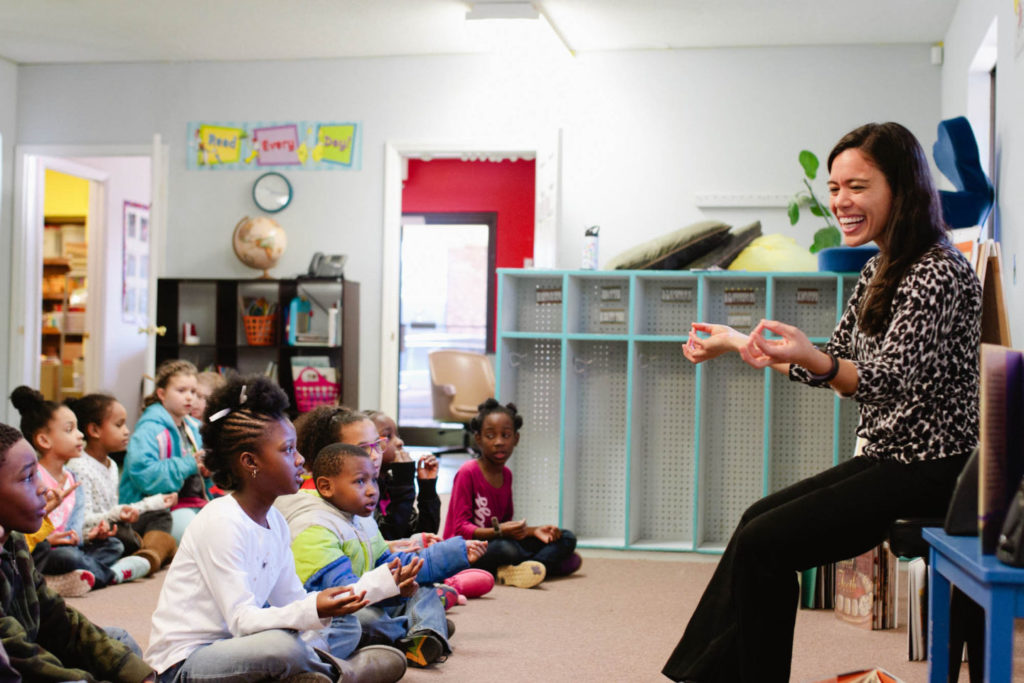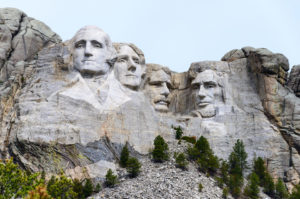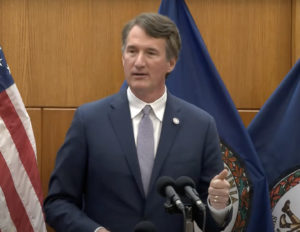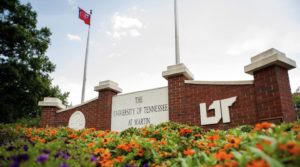Woke ‘implicit bias’ training for educators is a priority for national teachers’ union
The nation’s largest teachers’ union wants educators to know they are inevitably biased, even racially biased, despite their best intentions.
“Understandably, most people aren’t too eager to…

The nation’s largest teachers’ union wants educators to know they are inevitably biased, even racially biased, despite their best intentions.
“Understandably, most people aren’t too eager to be that candid about their implicit bias or how they’ve subjected others to microaggressions,” says Makeda Harris, a senior policy analyst with the National Education Association’s (NEA) Center for Racial and Social Justice.
Harris believes newly passed state laws that seek to curb racialized curricula or protect young students from age-inappropriate sexual content are “anti-LGBTQ+” or not “inclusive.”
“With ongoing assaults on teaching the truth about race and racism in schools, as well as the rise of anti-LGBTQ+ legislation, learning environments that are safe and inclusive for all students are crucial,” Harris says in an article for the union’s newsletter, neaToday.
The solution, Harris claims, is implicit bias training: “Educators must be willing to self-reflect and identify how their own biases show up in the classroom and the role these biases might play in upholding oppressive systems.”
In the same article, Aneeka Ferrell, a recruitment coordinator in a Washington state school district, shares her belief that all people must be assumed guilty of implicit bias.
“Assuming positive intent is not used in equity work,” she says.
Ferrell gives numerous examples of “microaggressions” that may not originate in bad intent, but nonetheless have an outsized impact on people of color.
While acknowledging the lack of malignant intent on the part of white offenders, she proceeds to lay blame at their feet: “They do this because they oftentimes don’t know how to address their particular bias themselves, so they don’t know how to react to a situation.”
“Implicit bias” is a euphemism for the assumption of unconscious, inherent racism on the part of Caucasians. This belief is foundational in Critical Race Theory (CRT), an ideological construct that has met with great controversy – and numerous prohibitions – in schools across the nation.
And assuming this sort of unconscious racism leads to dismissive comments such as the first reply to the neaToday article, which reads, “Because people will start a conversation with ‘I’m not racist’ it lets me know right there that they are racist…”.
Perhaps unknowingly, the commenter concisely summarizes the fatal flaw in CRT and implicit bias theory: an assumption of guilt is not the beginning of a discussion. More often, it serves to end one.



